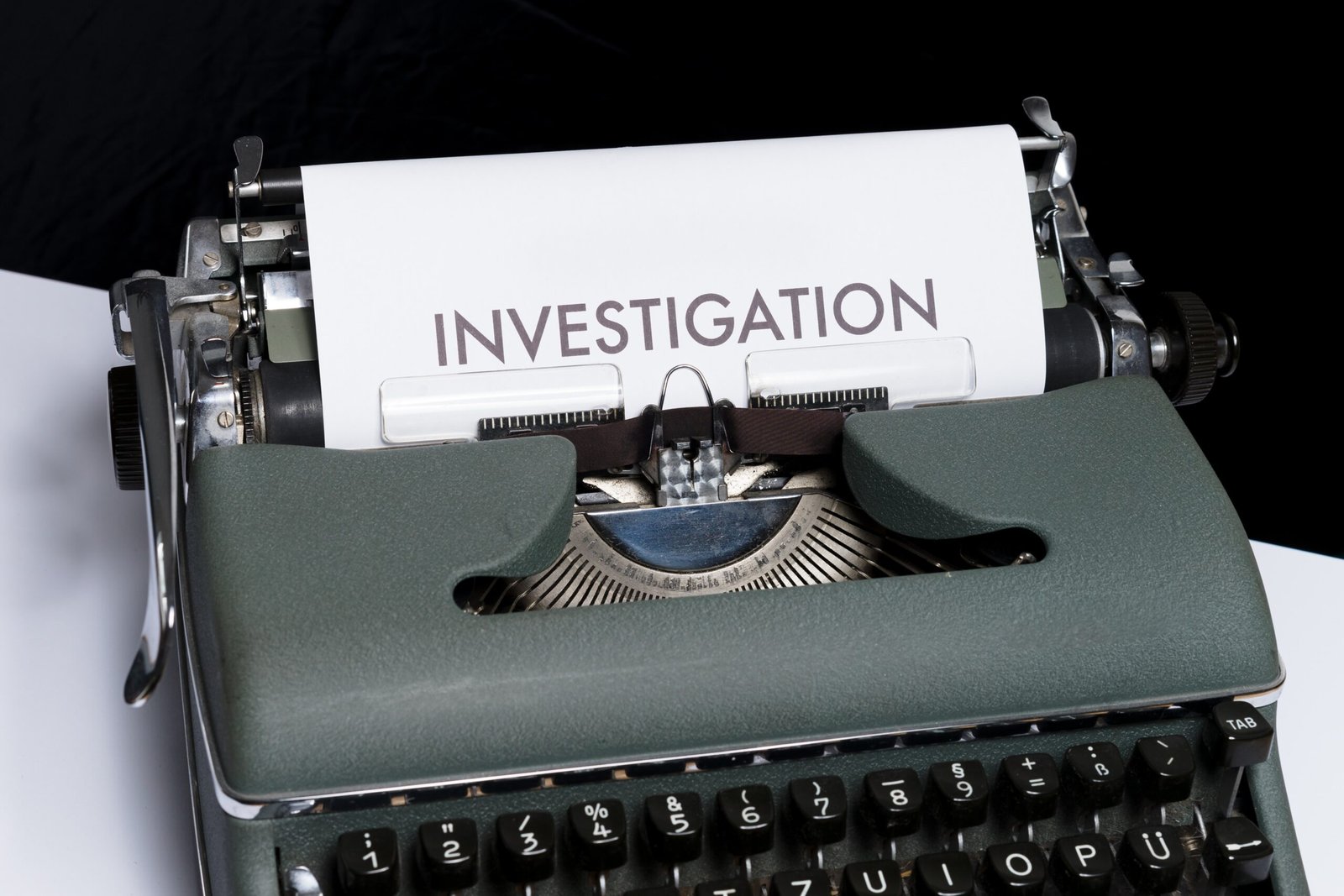If you’ve ever watched a crime-solving TV show and imagined yourself in the shoes of the brilliant detective, solving mysteries and unraveling complex cases, then this article is for you. Becoming a detective in the USA may seem like an exciting and challenging career path, but the steps to get there can be a bit unclear. In this article, we will break down the essential steps that aspiring detectives need to take in order to pursue their dream profession. From education and training to gaining experience in the field, this guide will provide you with a roadmap to becoming a detective in the USA. So, grab your magnifying glass and let’s start sleuthing our way towards a thrilling career in crime detection!

This image is property of images.unsplash.com.
Steps to Becoming a Detective in the USA
Becoming a detective is an exciting and rewarding career path that requires dedication and a passion for criminal investigation. If you’re interested in pursuing a career as a detective in the USA, there are several steps you’ll need to take. In this comprehensive article, we will guide you through the process of becoming a detective, from choosing a specialization to continuing education and professional development. So, let’s get started on your journey to becoming a detective!
Choose a Specialization
The first step in becoming a detective is to choose a specialization. Law enforcement agencies offer various specializations, such as homicide, fraud, narcotics, cybercrime, and many more. It’s important to research and explore different specializations to find the one that aligns with your interests and skills. Each specialization has its own set of requirements, so understanding those requirements is crucial in determining your career path.

This image is property of images.unsplash.com.
Obtain a High School Diploma or Equivalent
To embark on your journey to becoming a detective, you will need to obtain a high school diploma or its equivalent. A high school education is the foundation for further educational pursuits and provides essential knowledge and skills that will be valuable in your career. If you haven’t completed high school, obtaining a General Educational Development (GED) certificate can be an alternate route to meet this requirement.
Earn a Bachelor’s Degree
While a bachelor’s degree is not mandatory for all law enforcement agencies, having one can give you a competitive edge in the detective field. Choose a relevant degree program, such as criminal justice, forensic science, or criminology, to build a strong educational background for your career. Enroll in a bachelor’s degree program that offers courses on investigative techniques, crime scene analysis, and criminal law. Maintaining a high grade point average (GPA) will demonstrate your commitment and dedication to your studies.

This image is property of images.unsplash.com.
Gain Relevant Work Experience
Acquiring relevant work experience is an essential step in becoming a detective. Consider starting with entry-level law enforcement jobs, such as a police officer or sheriff’s deputy, to gain practical experience in the field. These roles will provide the opportunity to learn about criminal investigations, laws, and police procedures. Additionally, volunteering or interning at law enforcement agencies can be invaluable in gaining exposure to various investigative techniques and building connections within the industry. Participating in ride-alongs with experienced detectives can also offer valuable insights into the daily responsibilities of a detective.
Complete a Police Academy Program
Attending a police academy program is a mandatory requirement for most law enforcement agencies. Research different police academy programs and choose one that aligns with your career goals. Ensure that you meet the basic qualifications, which may include age requirements and physical fitness standards. After selecting a police academy, you’ll need to complete the training program, which typically covers topics such as criminal law, patrol procedures, firearms training, and self-defense techniques. Successfully completing the police academy program is a crucial step towards becoming a detective.
Pass the Entrance Exams
To become a detective, you’ll need to pass the entrance exams required by your chosen law enforcement agency. Review the specific exam requirements, which may include a written examination and a physical fitness test. Prepare for the written exam by studying relevant materials and practicing sample questions. It’s also important to focus on physical fitness to meet the physical standards set by the agency. With thorough preparation and practice, you’ll be ready to pass the entrance exams and progress in your journey towards becoming a detective.
Apply to Become a Detective
Once you have met the minimum service requirements and passed the entrance exams, you can apply to become a detective within your chosen law enforcement agency. Research the department’s policies regarding promotions and transfers to understand the application process. Prepare a well-crafted application that highlights your qualifications, skills, and relevant experience. If selected, you will be invited for interviews, where you can showcase your knowledge, problem-solving abilities, and dedication to the field. Your performance during the interviews can greatly influence your chances of becoming a detective.
Undergo Background Investigation
As part of the application process, you will undergo a thorough background investigation to assess your suitability for the role of a detective. This investigation will involve verifying your background information, conducting interviews with references, and performing criminal record checks. Additionally, your financial history may be reviewed to ensure financial stability and integrity. It is essential to maintain a clean record and provide accurate and honest information during the background investigation process.
Complete Training Program
Upon successfully passing the background investigation, you will be admitted to a training program designed specifically for detectives. This training program will provide you with specialized knowledge and skills required for investigating complex cases. It may include courses on advanced investigative techniques, evidence collection and analysis, interview and interrogation methods, and legal procedures. Completing the training program will equip you with the necessary tools to excel in your role as a detective.
Continuing Education and Professional Development
As a detective, it is important to stay updated on current trends, advancements, and best practices in the field of criminal investigation. Participating in professional associations, attending workshops, and training seminars can help you expand your knowledge and network with other professionals in the industry. Pursuing advanced degrees or certifications in specialized areas of detective work can further enhance your career prospects and open doors to higher-level positions.
Becoming a detective in the USA is an exciting and challenging journey that requires dedication, education, and relevant experience. By following these steps and continuously investing in your professional development, you can pave your way towards a successful and fulfilling career in criminal investigation. So, start exploring specializations, obtaining education, gaining experience, and preparing for the exciting challenges that lie ahead. Your dream of becoming a detective is within reach!